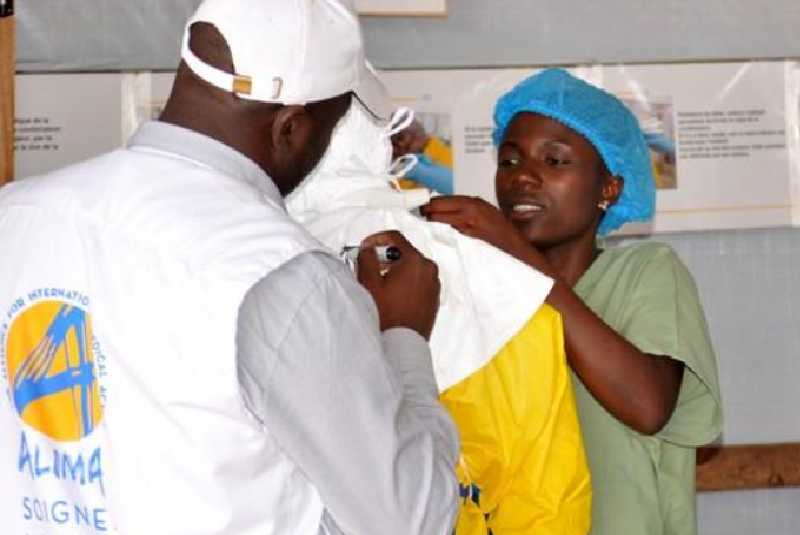×
The Standard e-Paper
Kenya’s Boldest Voice

Aid agencies said on Thursday that the Ebola outbreak in Democratic Republic of Congo could be tipping into a wider crisis as the number of new cases spiked and violence grounded health workers for a second time.
The disease is believed to have infected 194 people and killed 122 since the outbreak started in eastern Congo in July, according to the health ministry.